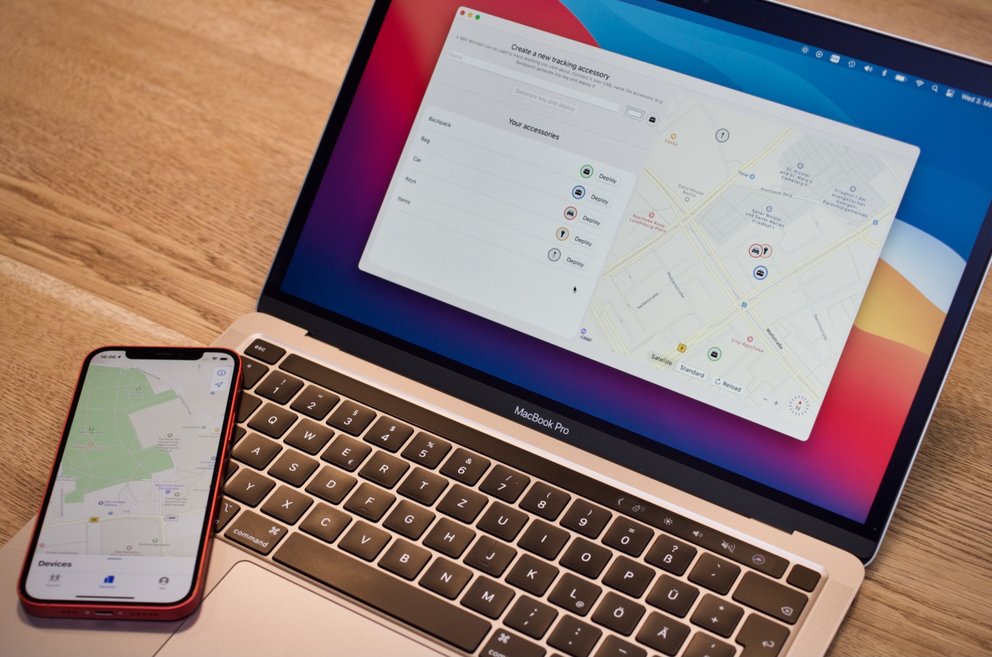News
ATHENE researchers reveal vulnerabilities in the Apple operating system macOs
A research team led by ATHENE scientist Prof. Matthias Hollick from the TU Darmstadt has uncovered security gaps in the tracking app "Find my iPhone?" Offered by the Apple group.
In their paper “Who Can Find My Devices?” They publish the two vulnerabilities they identified in the macOS operating system. They presented the paper at the international flagship conference for data protection technologies "PETS - Privacy Enhancing Technologies Symposium".

The scientists Alexander Heinrich, Milan Stute, Tim Kornhuber and Professor Matthias Hollick discovered that malware, especially in the macOS operating system, makes it possible to secretly view past and current location data from all Apple devices of a user.
The team has already reported this massive gap to Apple and suggested solutions. The gap was fixed with a software update for macOS to version 10.15.7 in September 2020. But even without unauthorized access to the computer, conclusions could be drawn about the owners of devices: Even if two or more Apple users are close to each other and later call up the data from their "Find my iPhone?" App, this close distance could still be proven in retrospect by Apple. The four scientists prove this with the example of a demonstration in which the participants switch their iPhones to flight mode so that they are not located via the mobile phone network. The end devices would then continue to be reported via “Find my iPhone”, Which means that Apple could still determine the proximity of the end devices afterwards. Apple claims that this data is not saved - "however, there is the technical possibility of logging corresponding encounters centrally," according to the research team.
Publication:
Who Can Find My Devices? Security and Privacy of Apple’s Crowd-Sourced Bluetooth Location Tracking System
Alexander Heinrich, Milan Stute, Tim Kornhuber, Matthias Hollick
Proceedings on Privacy Enhancing Technologies (PoPETs), 2021
More information about paper
The research work is a collaboration between TU Darmstadt (LOEWE-Zentrum emergenCITY) and ATHENE – National Research Center for applied Cybersecurity : emergenCITY examines how the resilience of digital cities can be increased - where such location-based information is playing an increasingly important role. ATHENE focuses on the security aspects of our digital society. The four-person research team has published an open implementation of the offline finding system called OpenHaystack to enable further security research and thus increase the security of the closed system in the long term.
show all news
